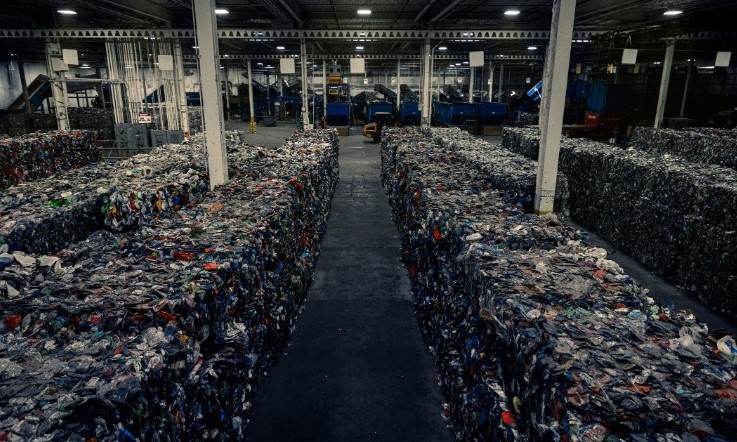AI Takes Out the Trash as Recycling Goes High-Tech
In a world where waste management is becoming increasingly critical, one Colorado-based company is pioneering a high-tech approach to recycling. AMP Robotics, a leader in artificial intelligence (AI) solutions for recycling, is transforming the industry with its innovative robotic systems. Recently, AMP raised an impressive $91 million to expand its operations, bringing advanced vision systems and automation to the forefront of waste sorting.
The traditional methods of recycling often rely heavily on human labor, which can lead to inefficiencies and contamination in the recycling stream. However, with AI-powered robots, AMP is setting a new standard. These robots are designed to sort trash faster and more accurately than humans, significantly improving the quality of recycled materials. This is crucial as the demand for recycled materials continues to rise, driven by a growing emphasis on sustainability and environmental responsibility.
One of the key advantages of AMP’s technology is its ability to identify and sort various types of materials—from plastics to metals—using advanced imaging and machine learning algorithms. This means that not only can the robots operate around the clock without fatigue, but they can also learn and adapt to new materials over time. This adaptability is essential as recycling programs evolve and new materials enter the waste stream.
AMP’s approach also tackles the issue of contamination, which is one of the biggest challenges in recycling today. By ensuring that only suitable materials are sent for recycling, the company is helping to produce higher-quality recyclables that can be reused in manufacturing. This, in turn, supports a circular economy where materials are kept in use for as long as possible, reducing the need for virgin resources.
As AMP looks to expand its operations, the implications for the recycling industry are substantial. The infusion of $91 million will enable the company to enhance its technology further and deploy its systems in more locations across the United States. This expansion could lead to a significant increase in recycling rates, helping municipalities meet their sustainability goals and reduce landfill waste.
Moreover, the rise of AI in recycling is indicative of a broader trend towards automation in various industries. As technology continues to advance, we can expect to see more companies adopting similar solutions to improve efficiency and effectiveness in waste management. This shift not only benefits the environment but also creates new opportunities for innovation and job creation in tech and engineering sectors.
In conclusion, AMP Robotics is at the forefront of a major transformation in the recycling industry. By harnessing the power of AI, the company is not only improving the efficiency of waste sorting but also contributing to a more sustainable future. As we move forward, the integration of technology in recycling will play a crucial role in addressing the growing waste crisis and promoting a cleaner planet.

